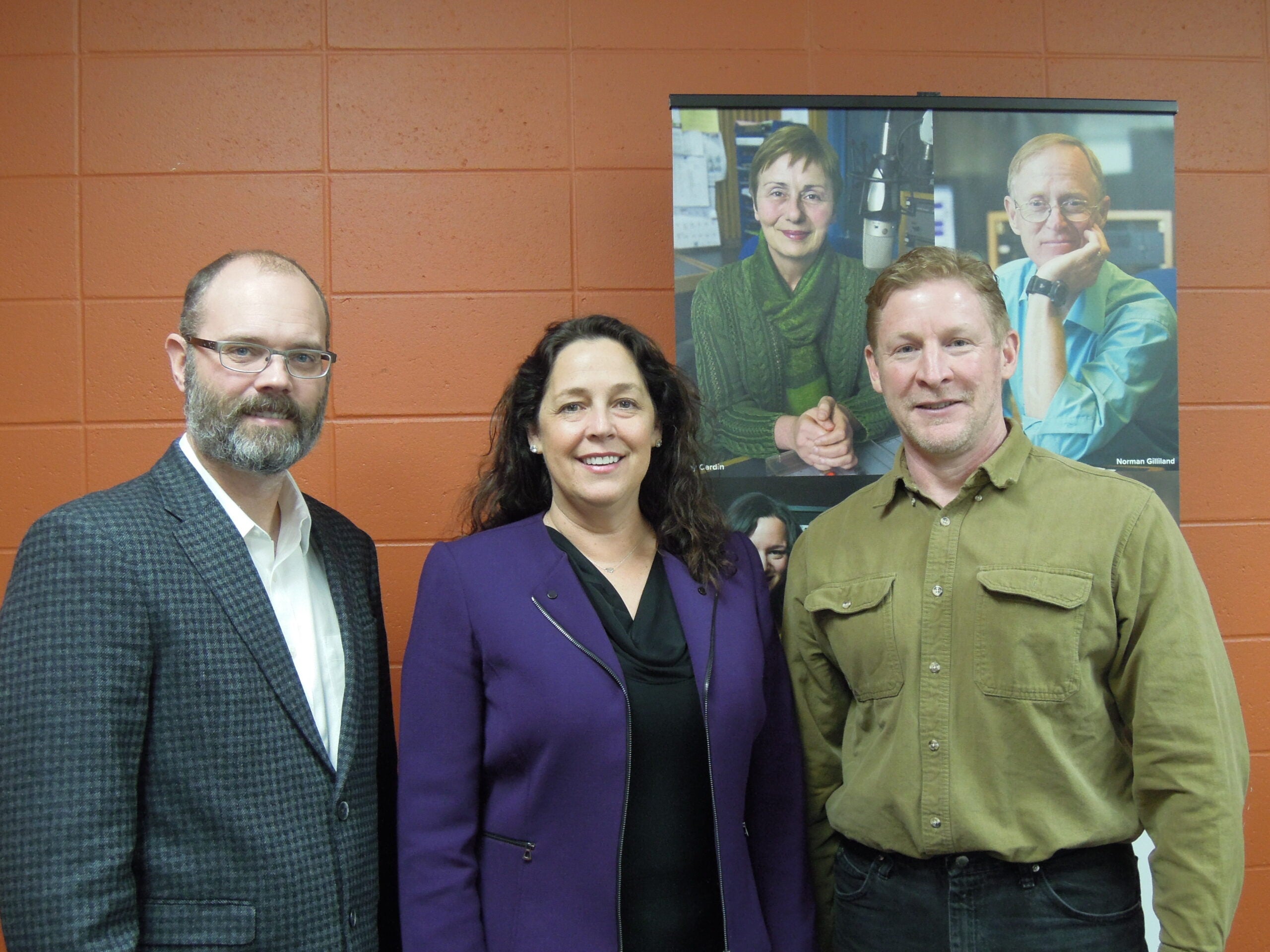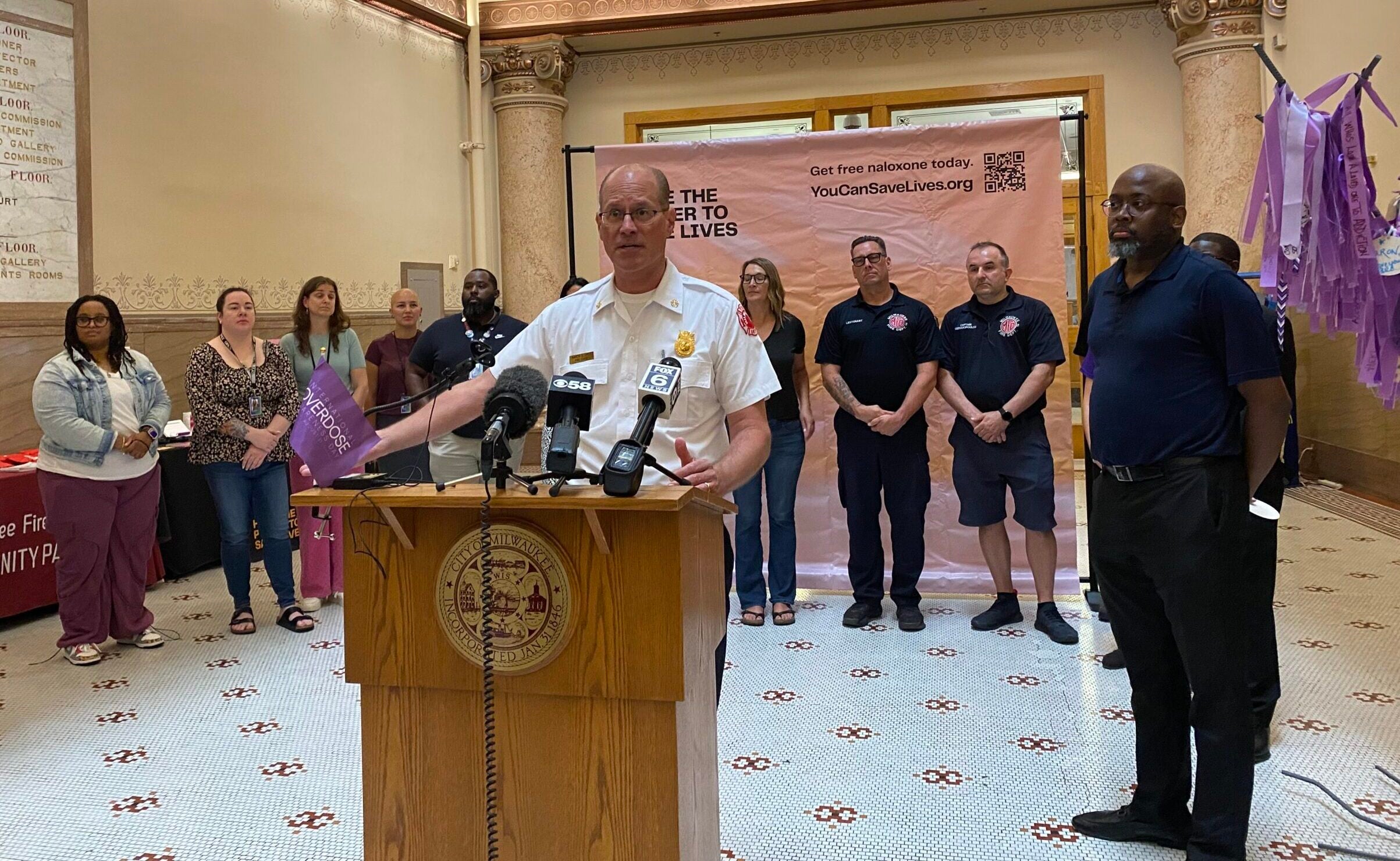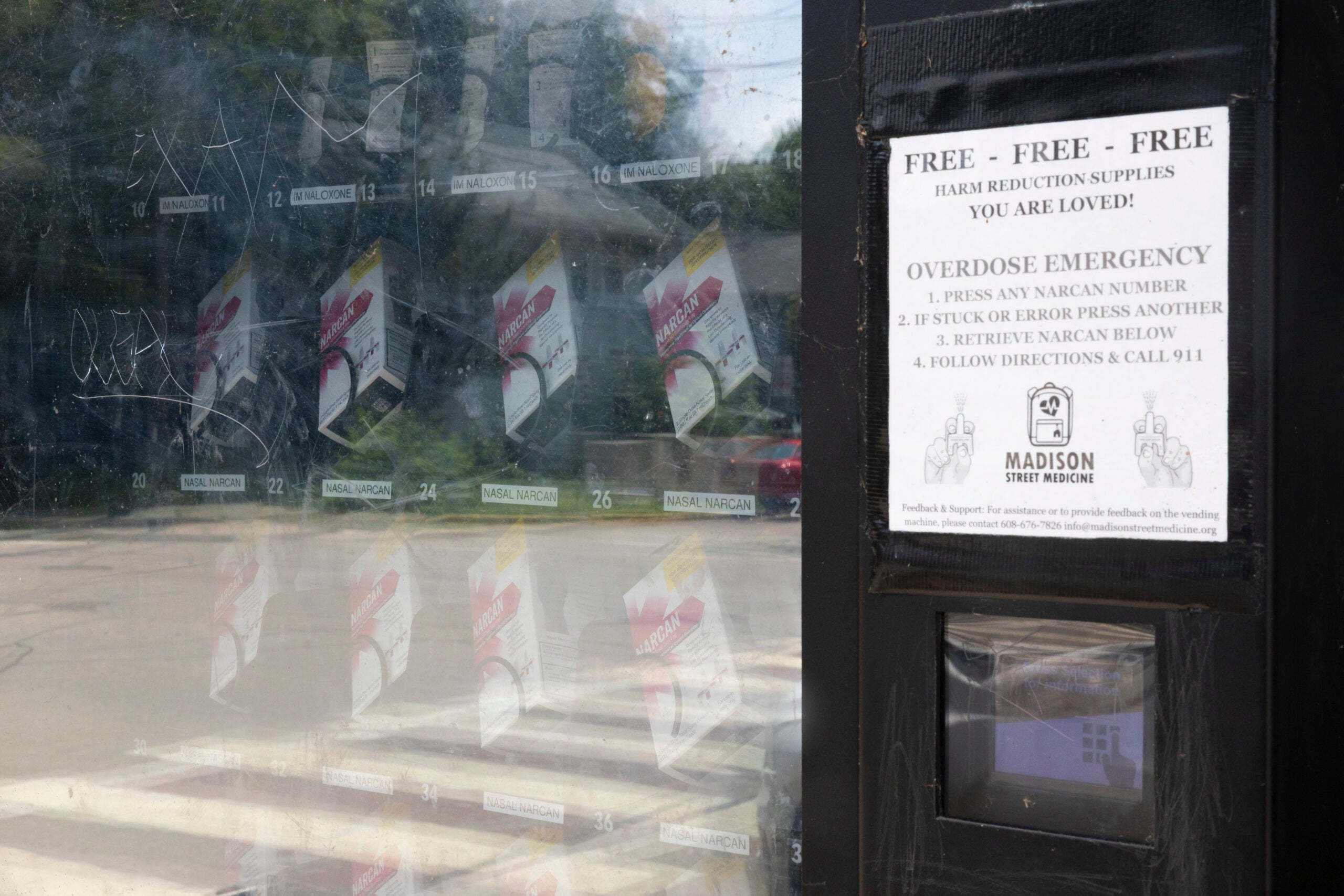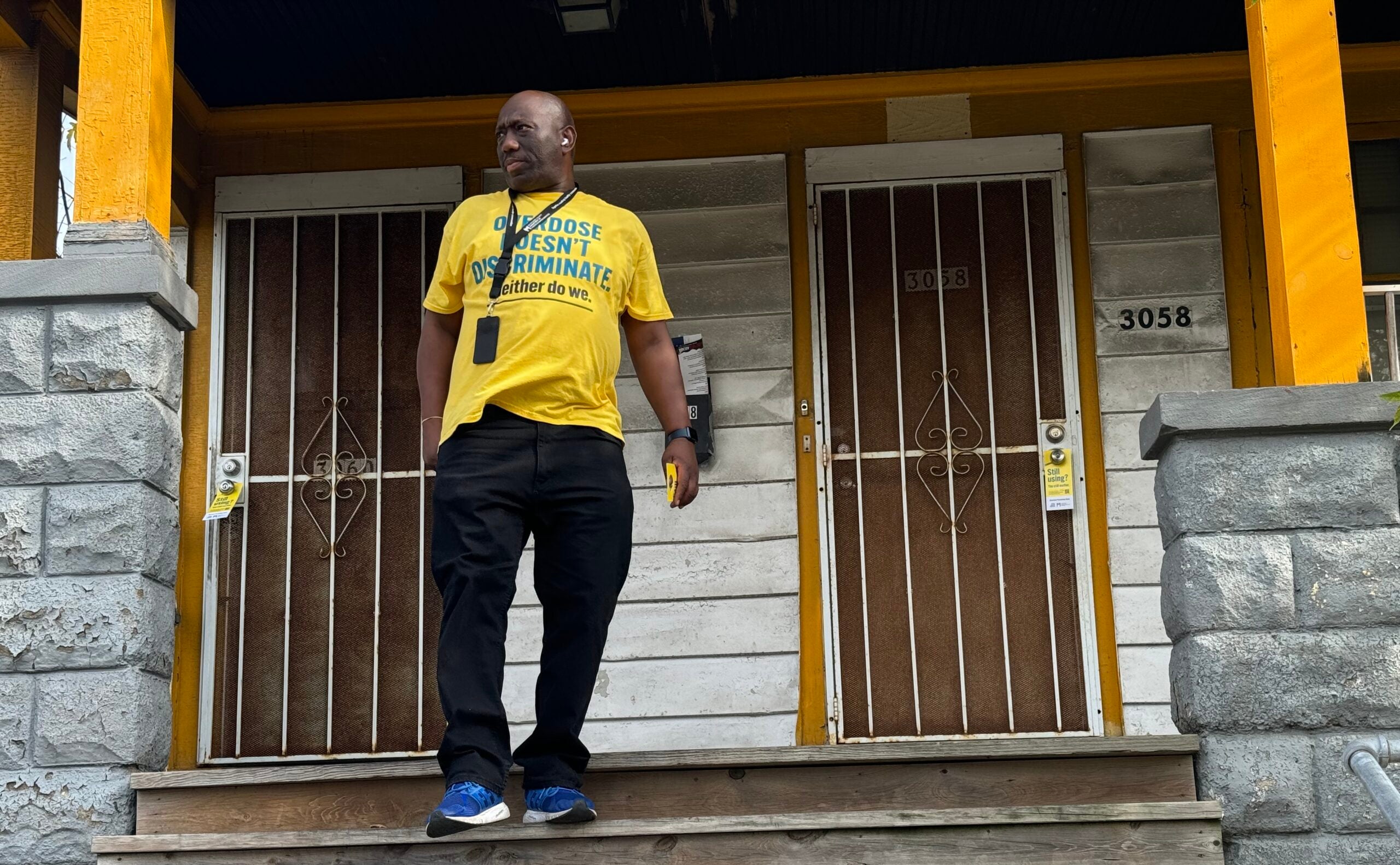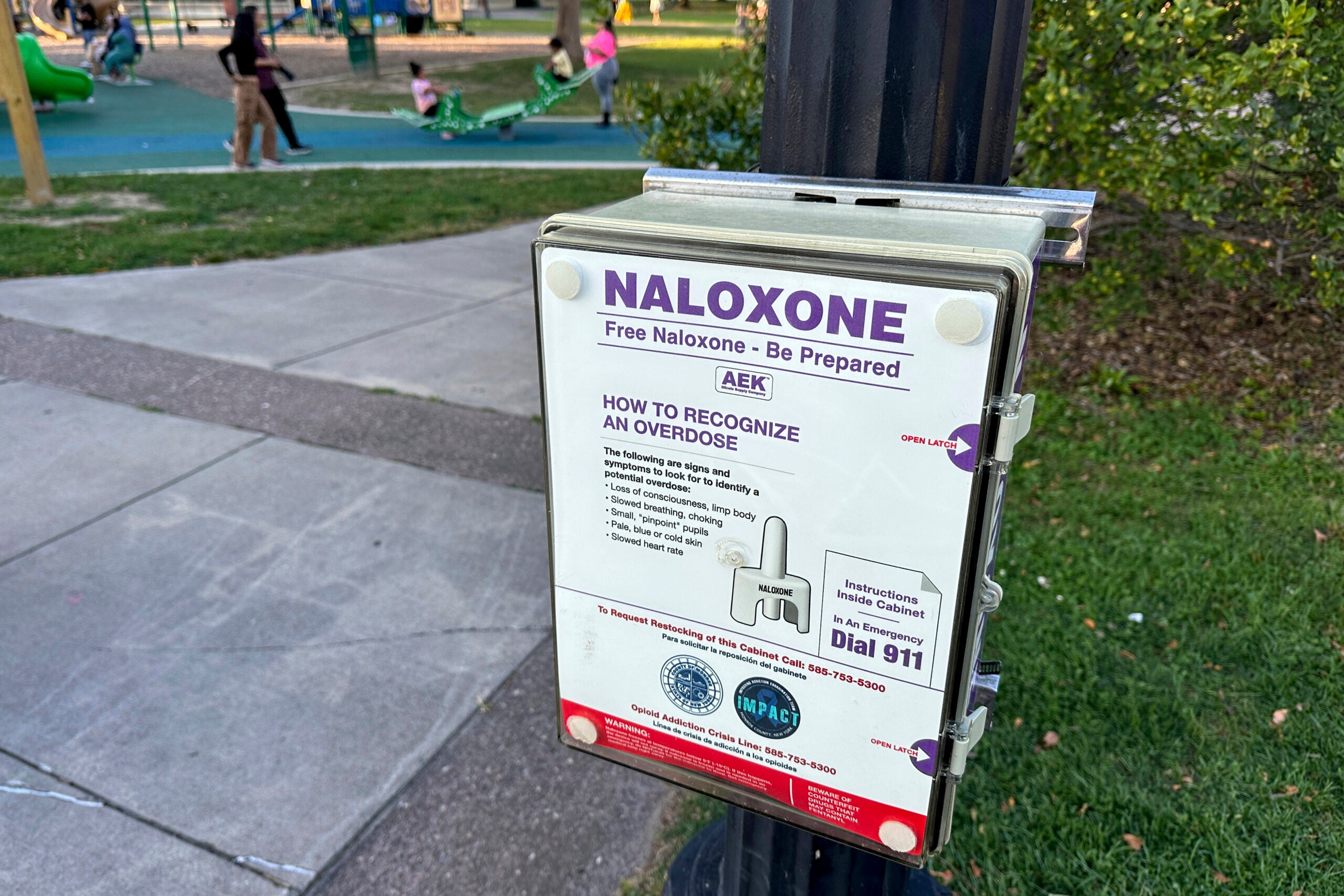La Crosse County had 23 drug overdose-related deaths in 2016, the most in its history, and proof that it may take some time before state and regional efforts to reduce the heroin epidemic start working.
The Heroin and Other Illicit Drugs Task Force formed late in 2013 to respond to a growing number of overdoses. There were 10 drug overdose deaths in La Crosse County in 2012, the year before the work started and just two in 2010.
While task force members said they’ve made some progress on issues like easier access to the overdose-reversing drug Narcan and better registry by doctors who are prescribing opioids to patients to prevent doctor shopping for pain medicine, Task Force co-chair and emergency room physician Chris Eberlein.said he expects to see the situation get worse in the next year or two before it improves.
“I think what we’re seeing is the result of more addicts that had been dependent on opioids and as you’ve tightened up on the supply with providers they’ve switched to illicit drugs,” (like heroin) said Dr. Eberlein. “In addition, we had a big bottleneck of addicts and I think it’s going to be a three to five year delay before we see a lot of the legislation and work we’ve done on the task force to really see that take affect.”
The heroin epidemic continues to be a major issue across Wisconsin. Last week, Gov. Scott Walker called a special legislative session to deal with 11 proposed bills with a $12 million price tag.
Since 2014, Wisconsin lawmakers have unanimously approved 17 different pieces of legislation tied to the HOPE (Heroin Opiate Prevention and Education) agenda.
State Rep. Jill Billings, D-La Crosse, is a member of the Governor’s Task Force on Opioid Abuse. She said while much of the HOPE agenda dealt with the drug supply side of the issue, the special session deals with treatment issues for addicts, and should help rural parts of the state where options are limited now.
“What we need to do now is really work on the recovery side of it,” Billings said. “Making sure there is treatment for people who want to get treatment and that there aren’t waiting lists.”
While state lawmakers deal with the opioid problems in special session in Madison, the La Crosse County task force is working to promote the safe disposal of unused pain medications in drop boxes, find a way to develop a social detox center where someone who’s addicted to heroin can withdraw and find better ways to get rid of improperly disposed of needles which has become a major issue in La Crosse.
– John Davis
Episode Credits
- Hope Kirwan Host
- John Davis Producer
- Jill Billings Guest
- Dr. Chris Eberlein Guest
- Al Bliss Guest
Wisconsin Public Radio, © Copyright 2026, Board of Regents of the University of Wisconsin System and Wisconsin Educational Communications Board.
